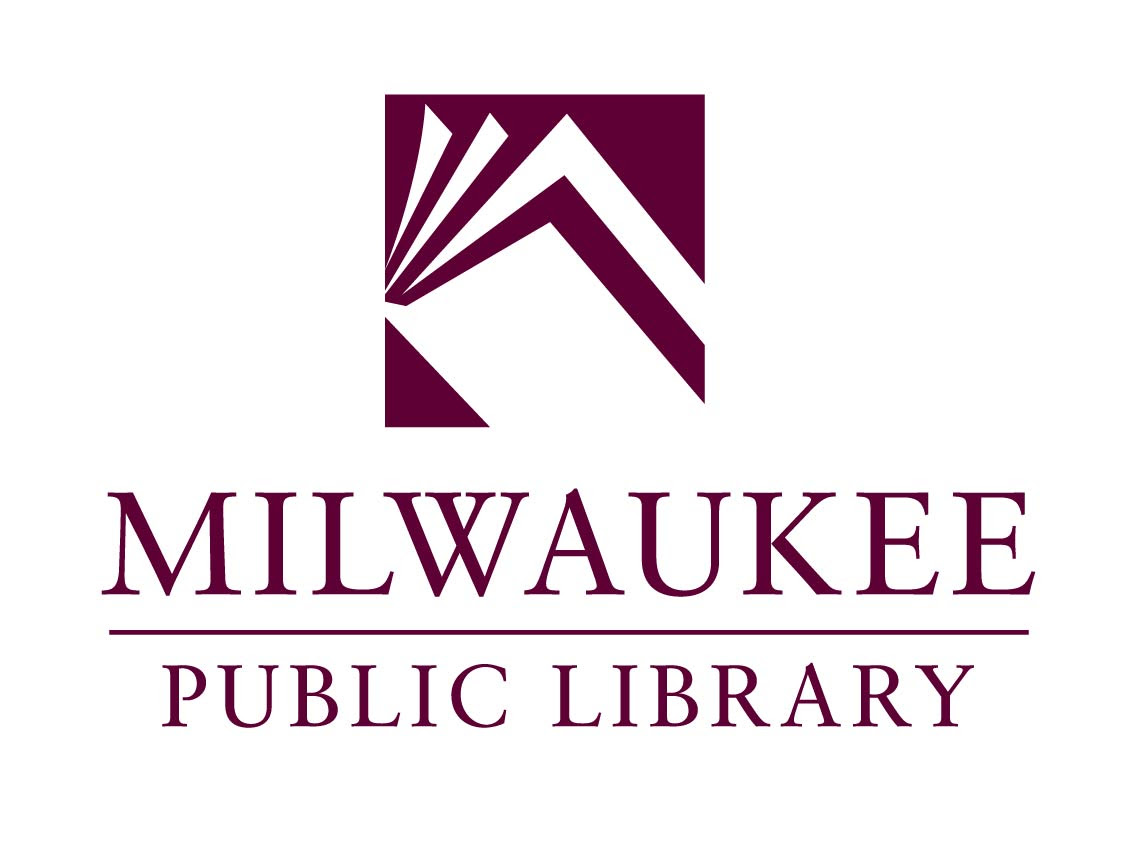Junk Drawer Song:
A Four-Step Writing Instruction
Prompt Against Anxiety #18 | from Toronto-based poet Hoa Nguyen. She is the author of As Long As Trees Last, Red Juice, Violet Energy Ingots, and A Thousand Times You Lose Your Treasure, forthcoming from Wave Books in April 2021.

Find an unstructured frame of mind for this writing, a fieldwork moment that invites you to map new connections of meaning and sound.
Allow your writing to be a construction, with repetition and reference loosely arranged. Invite play in your associations; seek new perspectives of image and sound. Don’t rush to linked meaning or therefore conclusions. Remain curious as you record in your notebook.
What you need
- Notebook and pen
- A receptacle such as a ‘junk’ drawer, glove compartment, or other general-collection storage container: anything that contains a collection of related and unrelated objects
- A folk or vintage pop song of your choosing
Step one
Tune up.
Select a song with which you have some familiarity and that carries personal resonance. Listen to a recording of the song and take notes. Where is the song in your body? Let the song take you somewhere in response, catch and connect to the lyrics, invite alternate words and mis-hearings, link the song to impressions and sensation and to atmospheres of texture and image.
Don’t worry about making “sense." Write for ten minutes and then set this writing aside.
Step two
Move among the collections.
On a new page, write in response to your chosen collection of objects. Allow your writing to move freely and bounce around the associated/disassociated objects there. Connect with description, perception, and memory.
Write for as long as you care to and proceed to the next improvisation.
Step three
Conjoin the writings musically.
Bring your writings together. Float between the language there. What do they communicate to each other? What collects in a newly shared space?
Write a third piece drawing upon both writings. Write into the shared space to create a melodic cohesion of sense and sound. Consider sound as a unifying structure. Introduce at least three forms of repetition, play with variations of phrase or word.
Step four
Naming.
Name your poem: give your new writing a title. Name it after an aspect of the song and/or a ‘junk drawer’ item.
More from this series
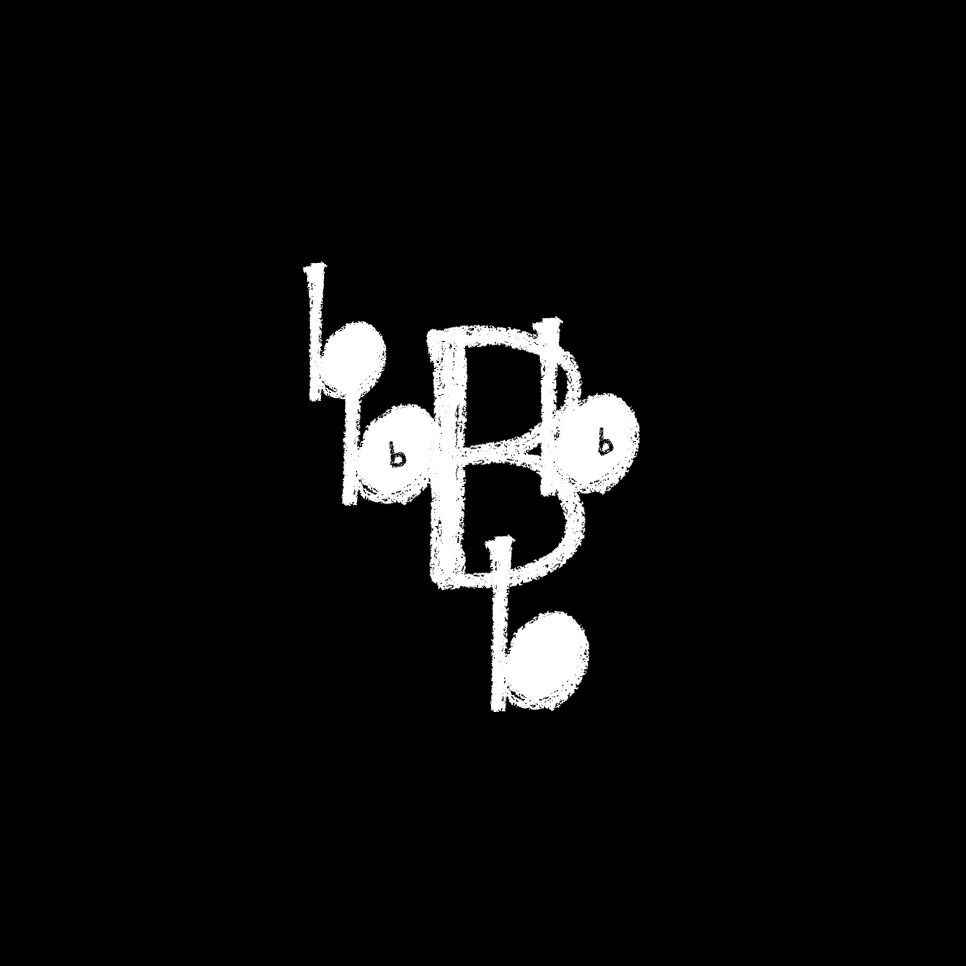
The Word was in the beginning but it is made of letters.Prompt #40—giovanni singleton

Write in NaturePrompt #39—Oogie Push
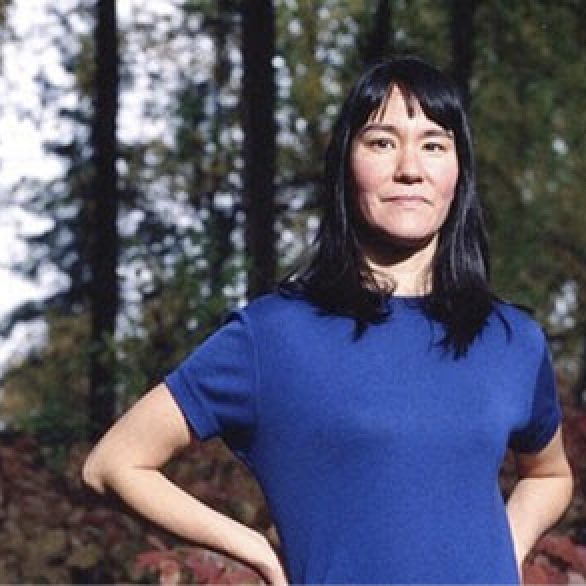
Real FoodPrompt #38—Joan Kane
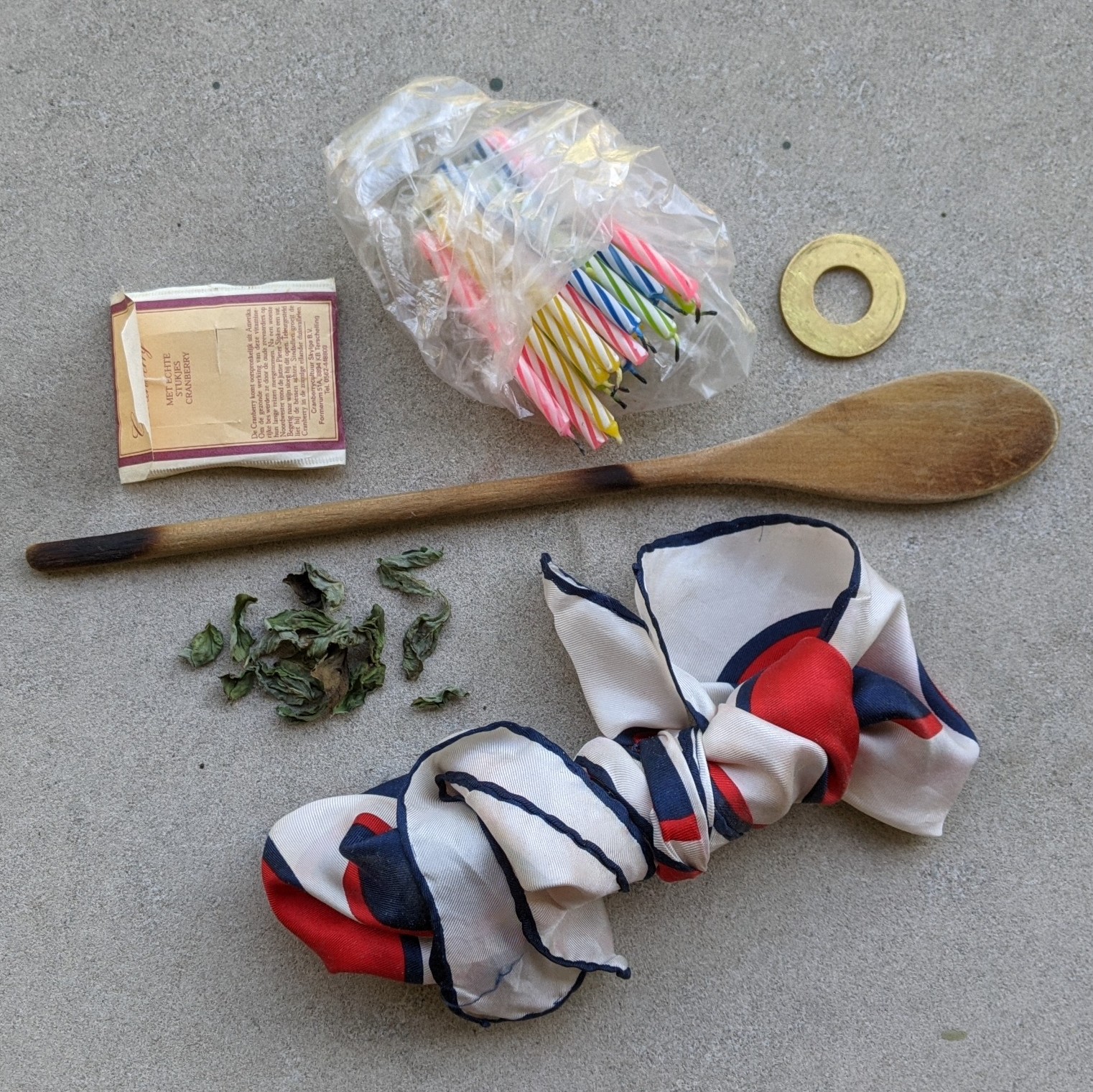
You Don't Need Proust to Smell GoodPrompt #37—Elizabeth Hoover
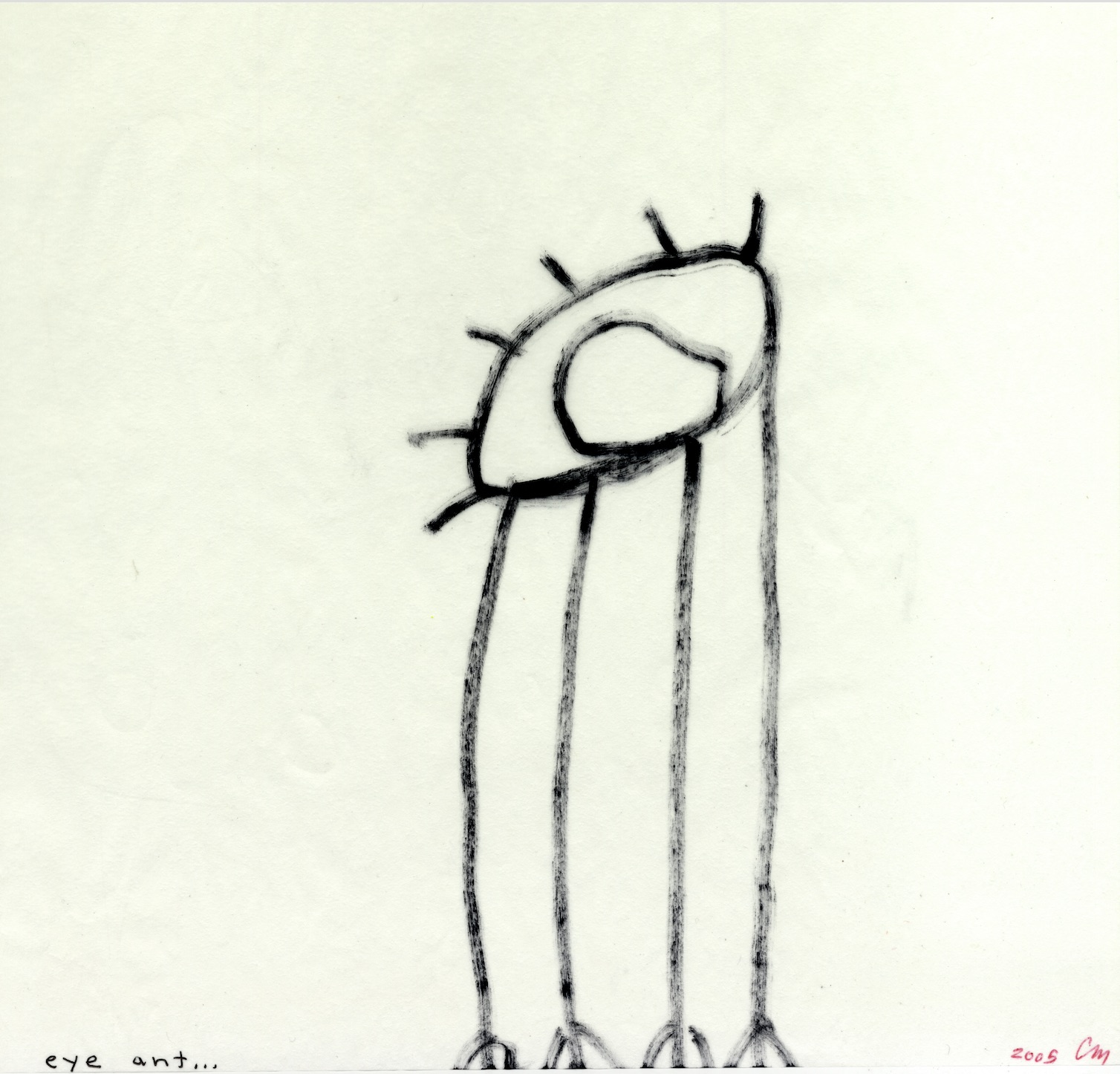
Find Your Own FormPrompt #36—Sawako Nakayasu

Tarot Recall: A Visionary Exercise for the PresentPrompt #35—Laurence Ross

Queers in Love at the End of the WorldPrompt #34—CJ Scruton
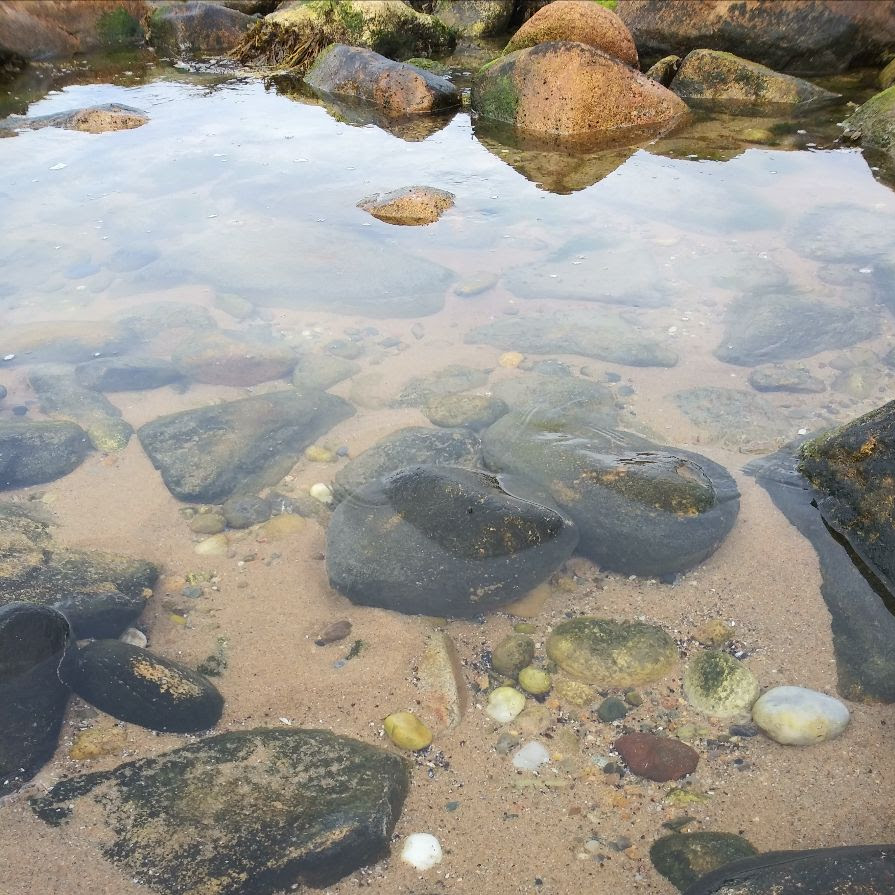
WORKBOOK FOR CHANGE: TWO PROMPTSPrompt #33—Kate Schapira
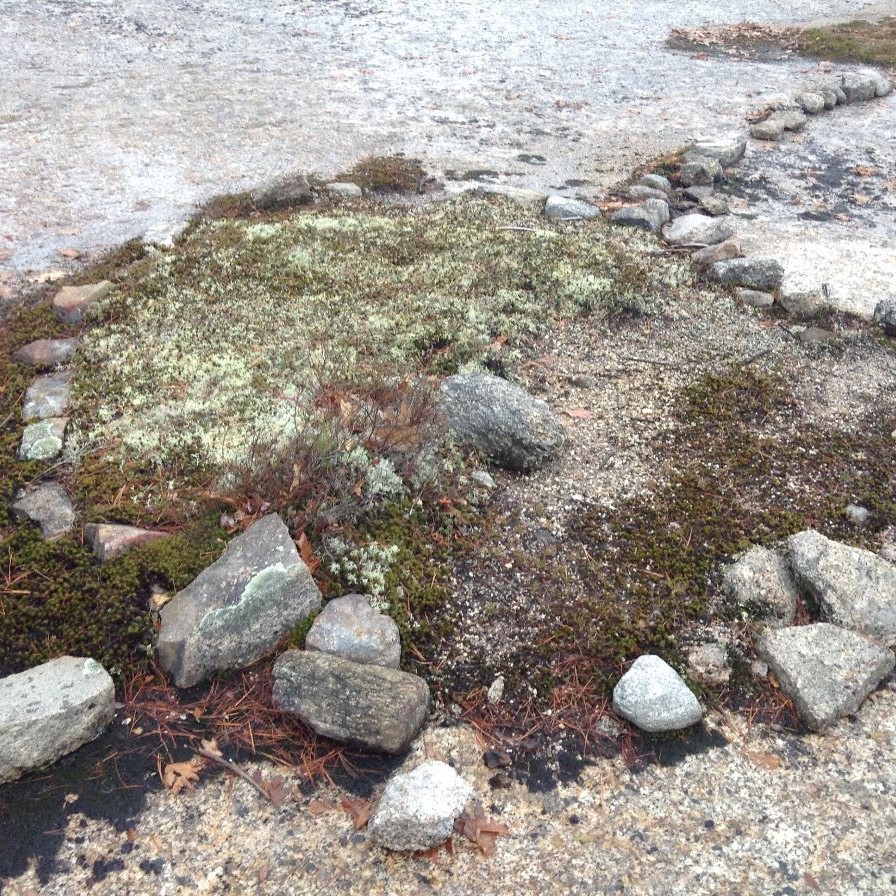
Preparation for the PromptPrompt #32—Lisa Fishman

Collage Your Own Writing PromptPrompt #31—Helen Hofling
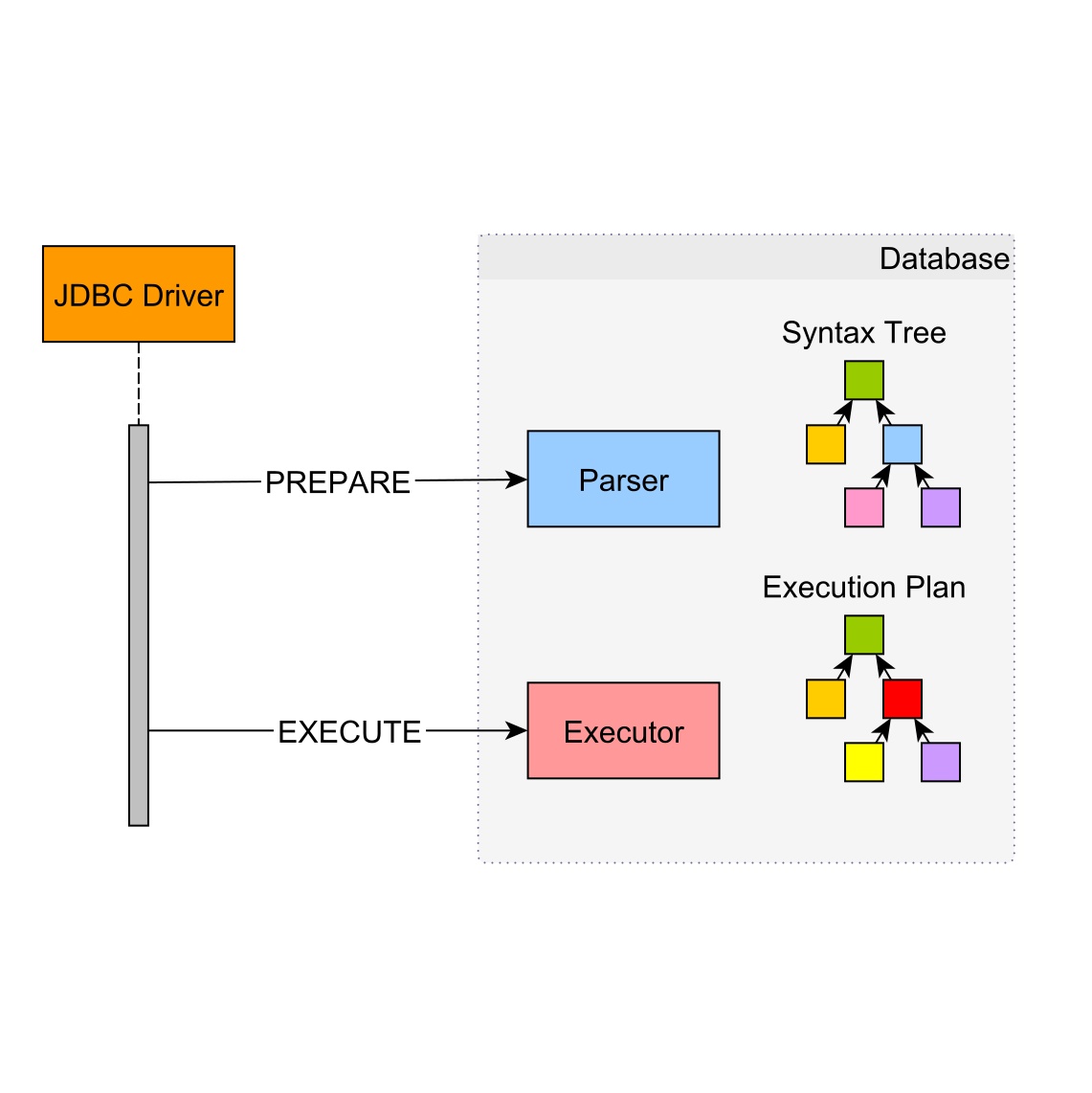
Prepared StatementPrompt #30—Mike Hauser
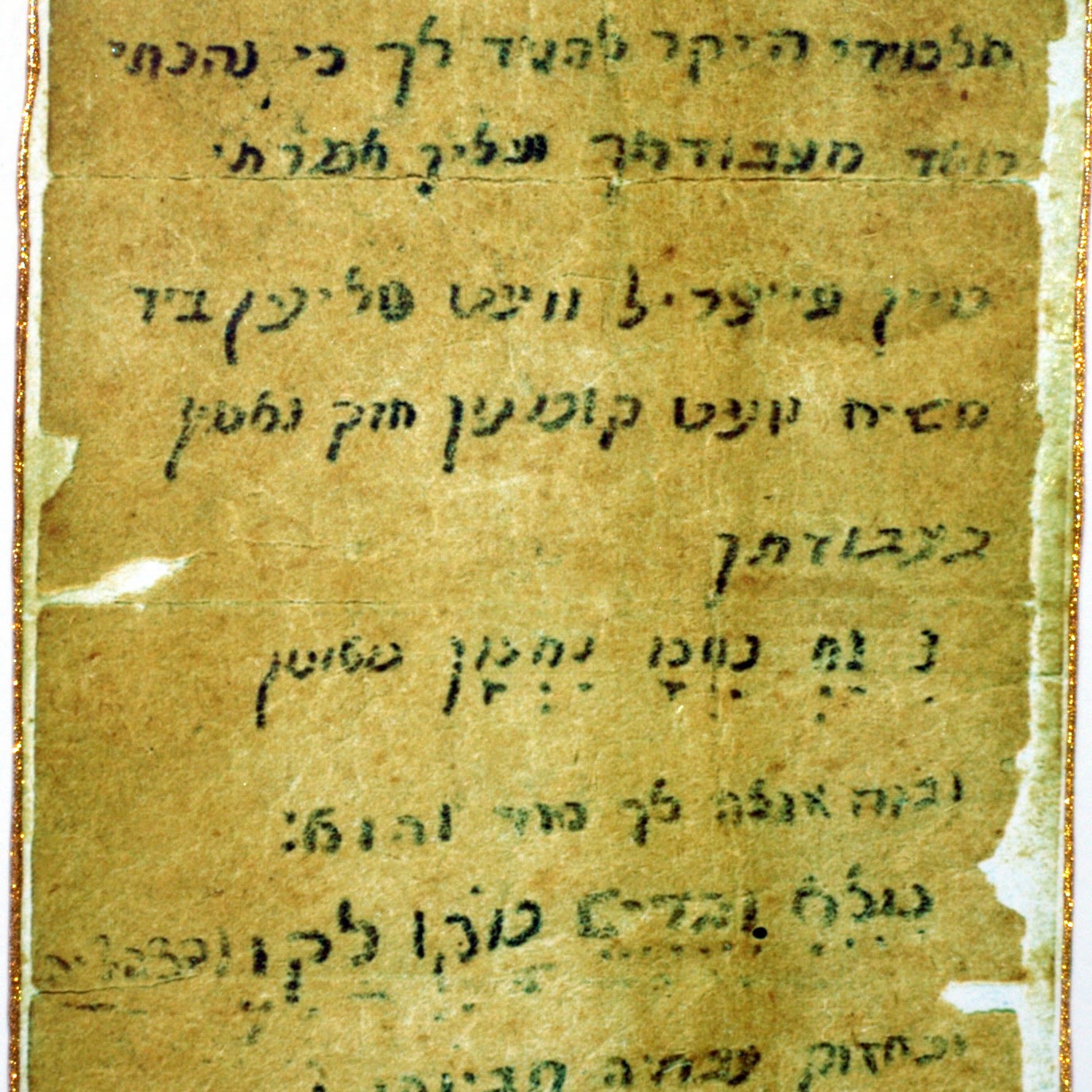
Repeat Repeat WritePrompt #29— Lewis Freedman
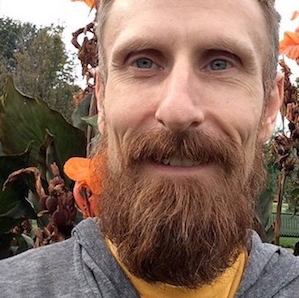
Poetic CorrespondencePrompt #28—Eric Baus

EKPHRASIS YOURSELFPrompt #27—Jennifer Nelson
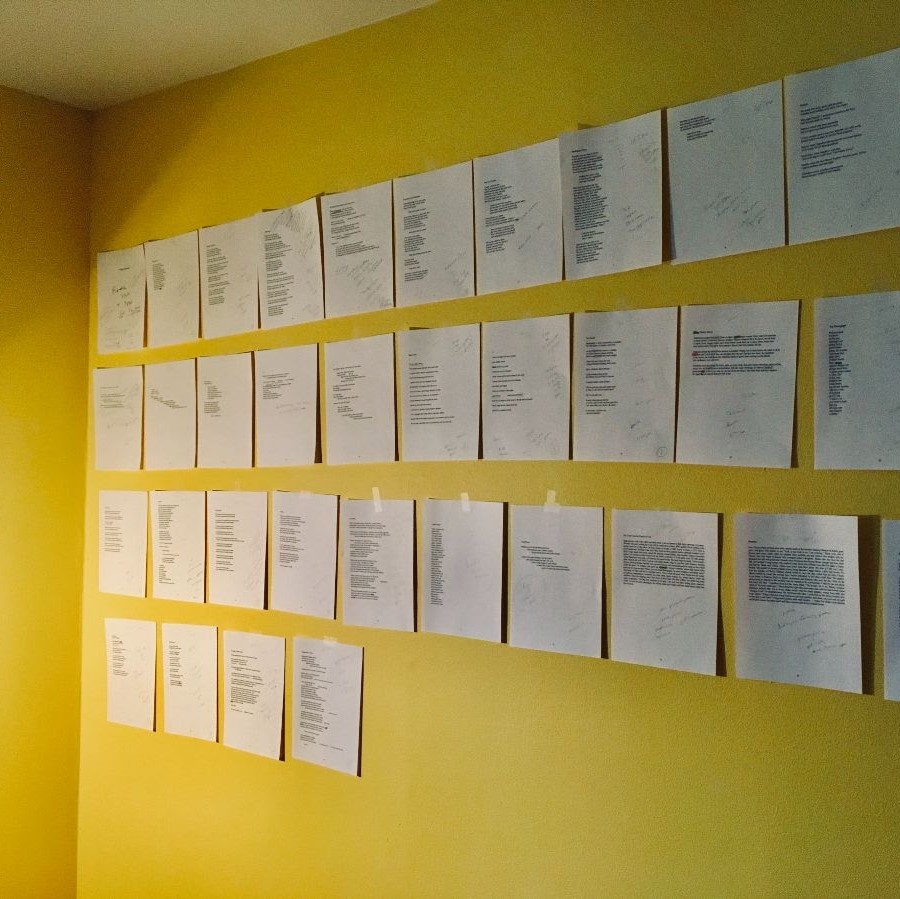
POETRY IS FOR THE PEOPLEPrompt #26—Angela Trudell Vasquez
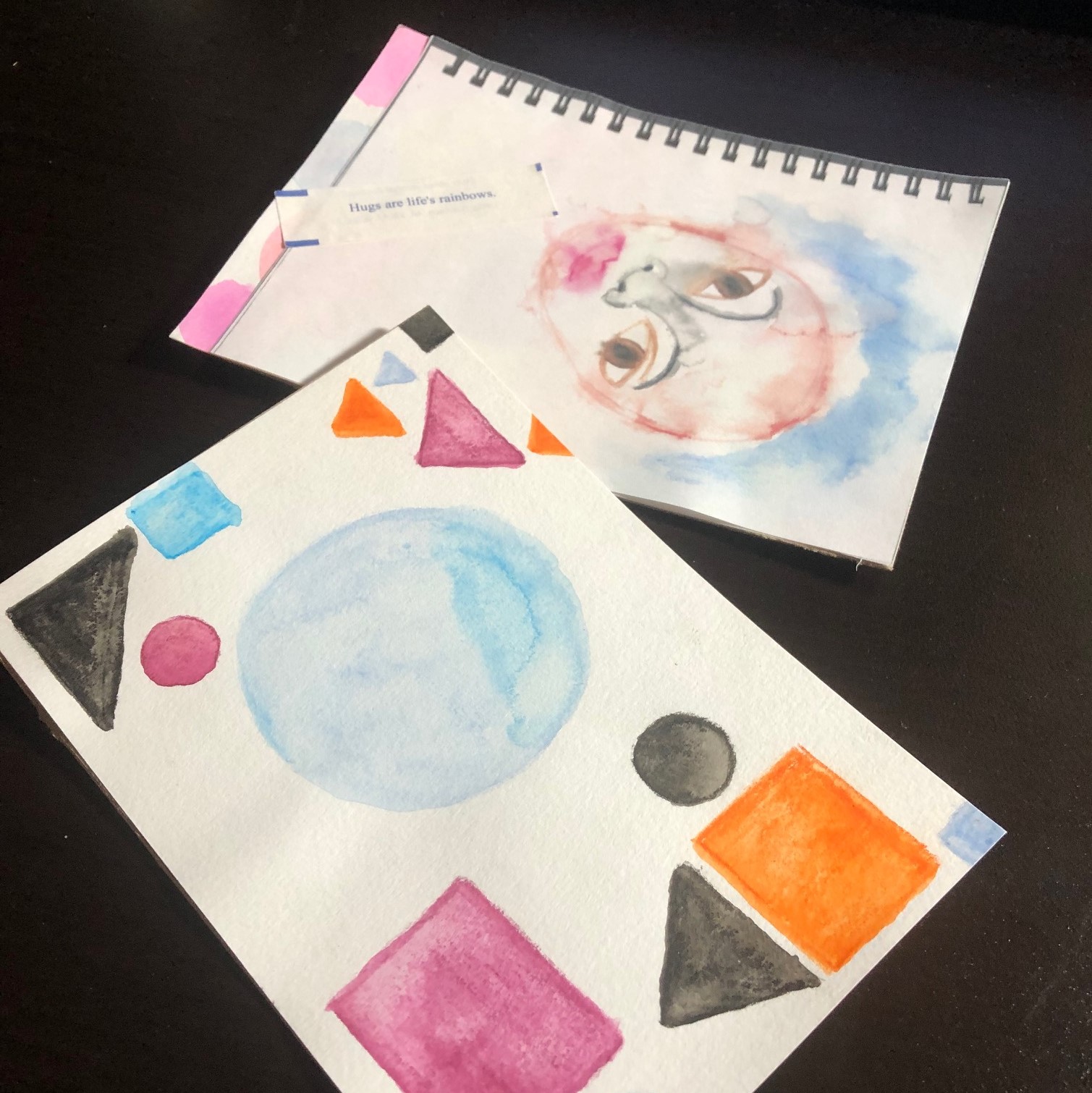
MAIL ARTPrompt #25—Siwar Masannat
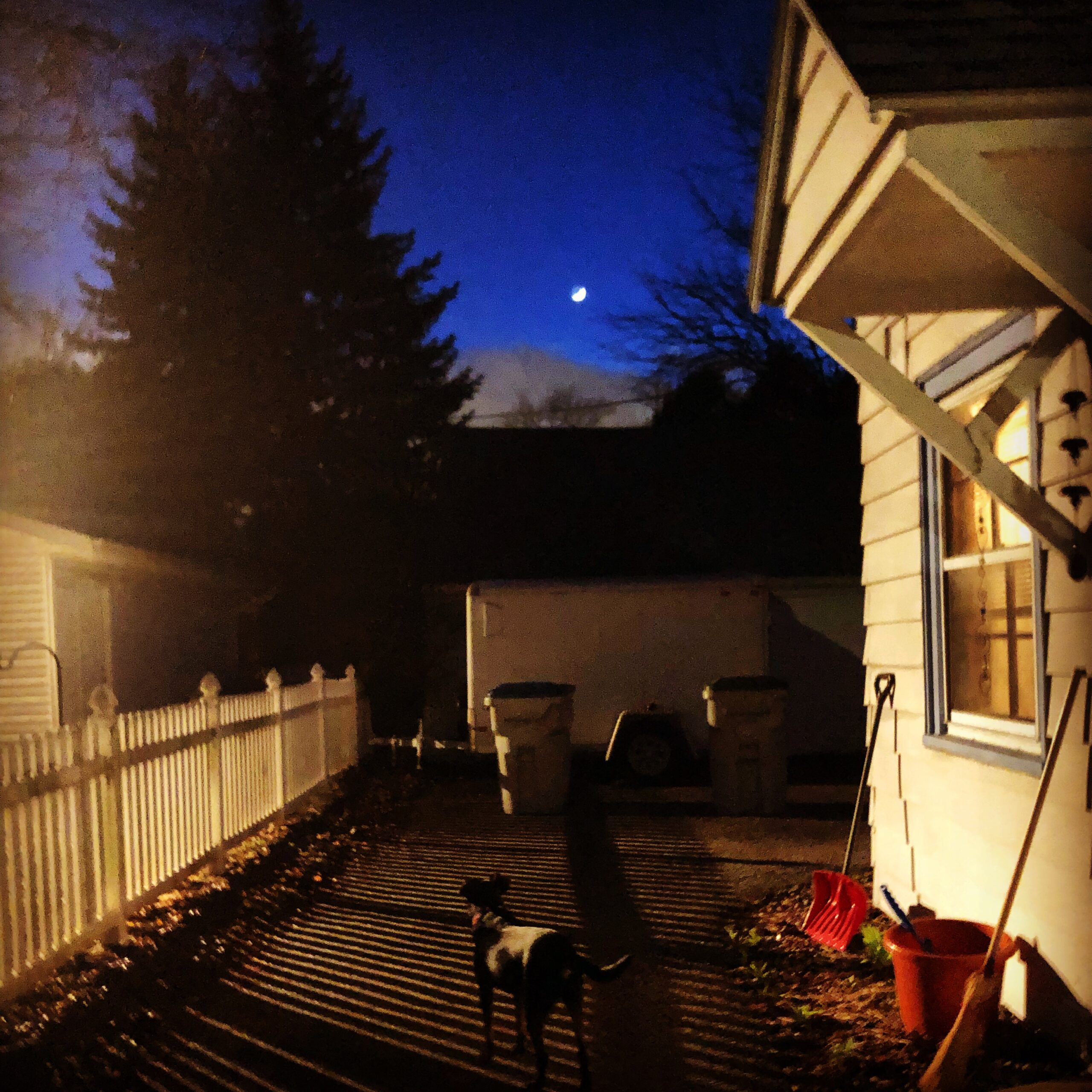
VISUAL POSTCARDSPrompt #24—Portia Cobb
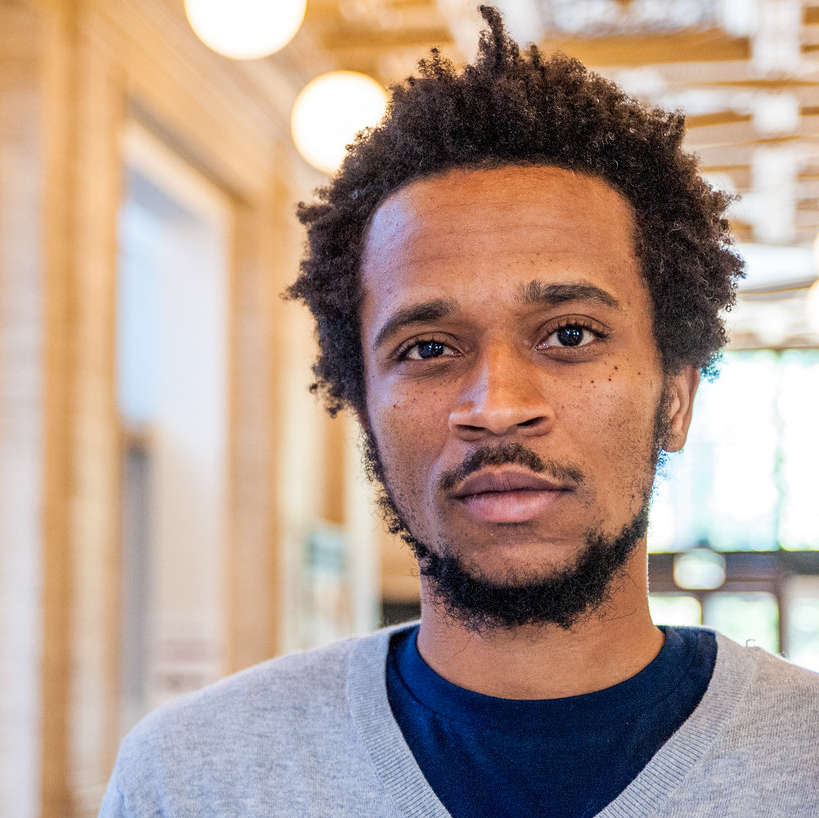
A [LONGER-TERM] DEEP LISTENING PROMPTPrompt #23—Jibade-Khalil Huffman

Humor as Medicine for the SoulPrompt #22—Mauricio Kilwein Guevara

Personification: A Social Justice PromptPrompt #21—Derrick Harriell

Ponge ExercisePrompt #20—Tyrone Williams
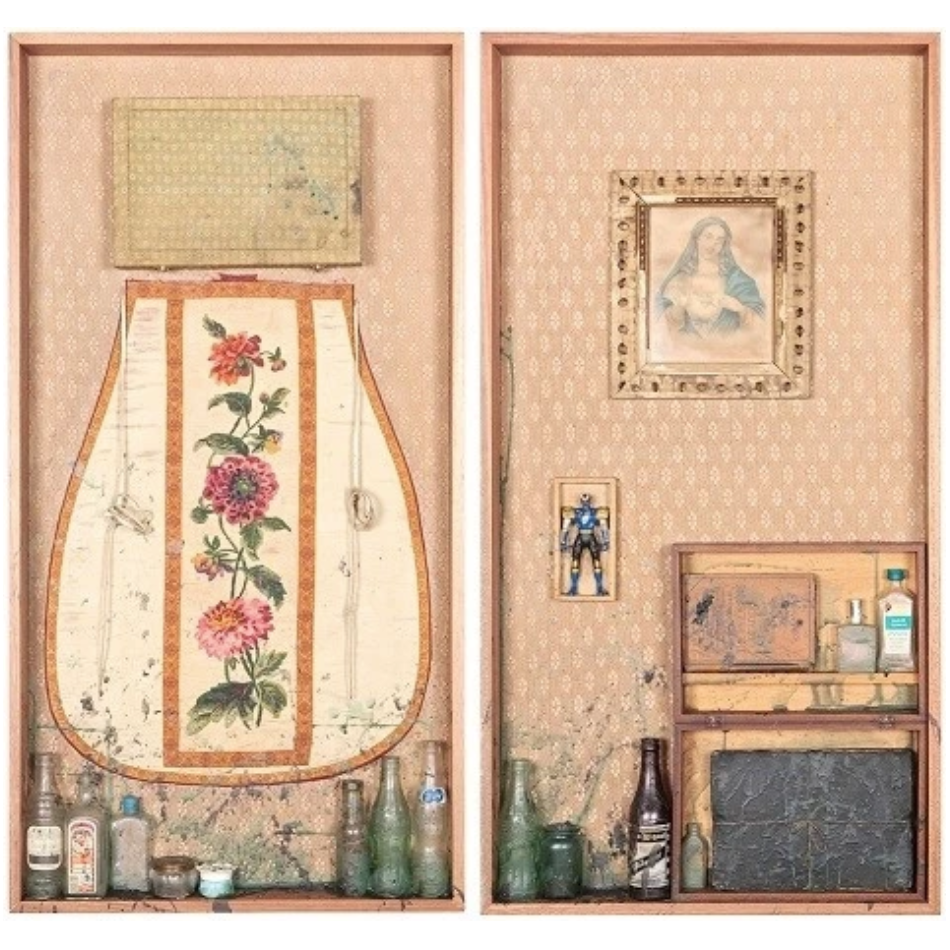
Occult DocupoesisPrompt #19—Kimberly Alidio
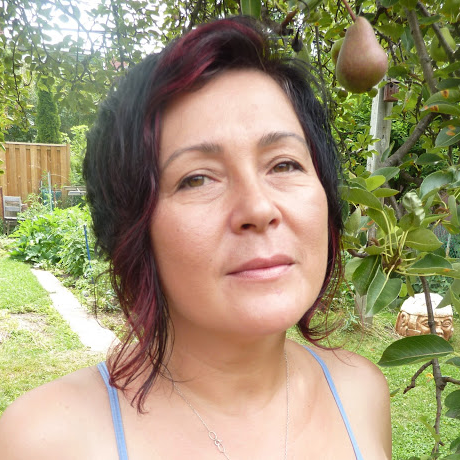
Junk Drawer SongPrompt #18—Hoa Nguyen

TALK TO THE POETSPrompt #17—Stacy Szymaszek
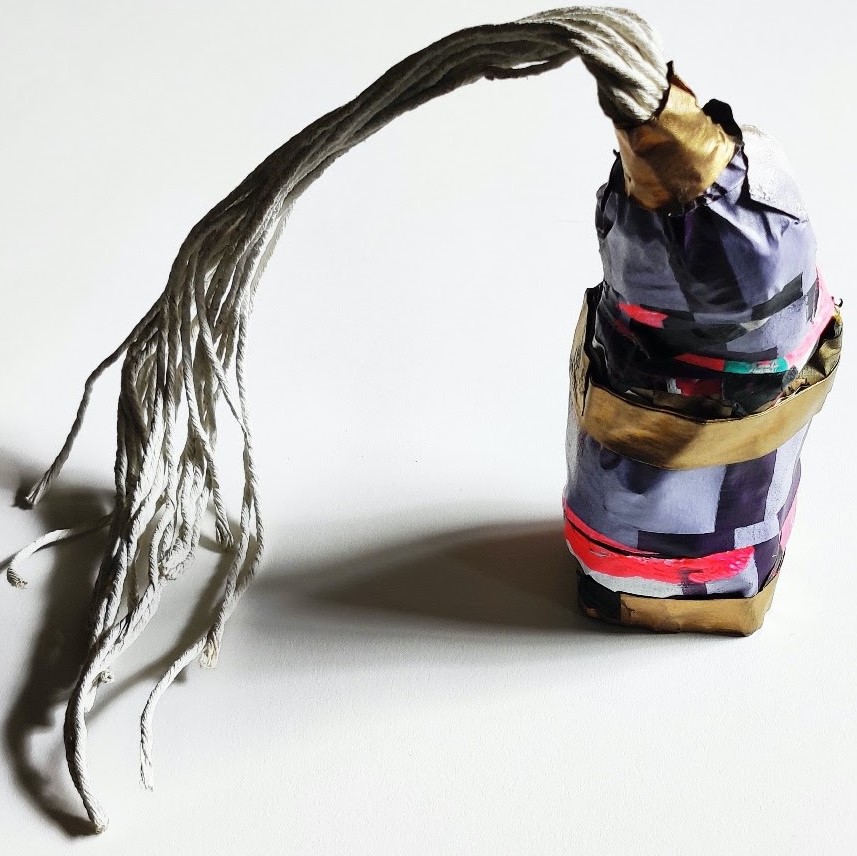
Make-Do Origin Stories & Concrete FuturesPrompt #16—Ching-In Chen
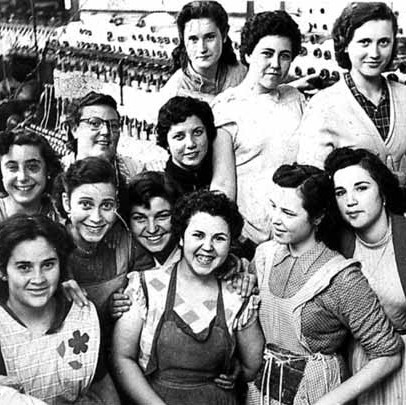
The Family PhotographPrompt #15—Rosa Alcalá
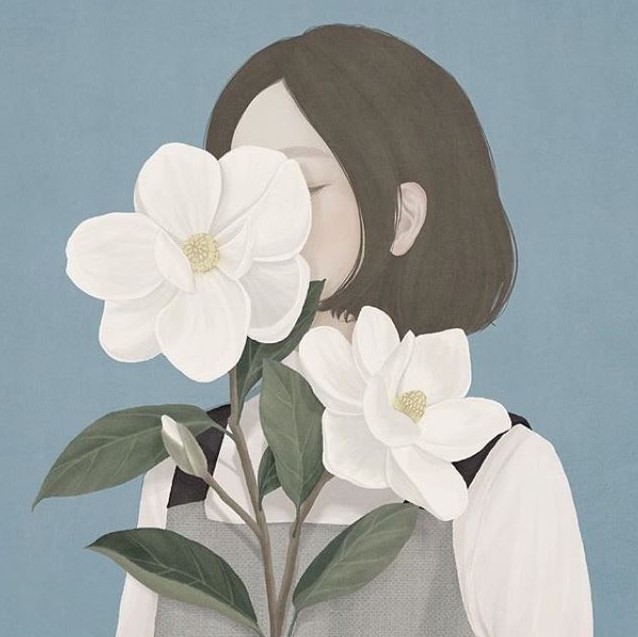
Writing Advice for Your Younger SelfPrompt #14—E.J. Koh
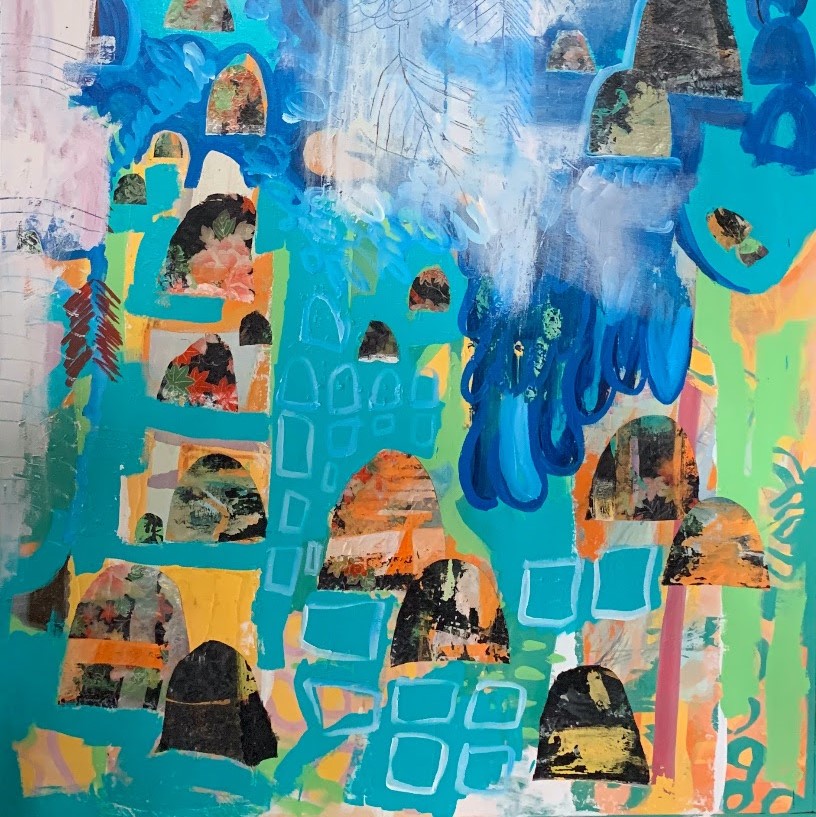
Note(s) to SelfPrompt #13—Stacy Blint
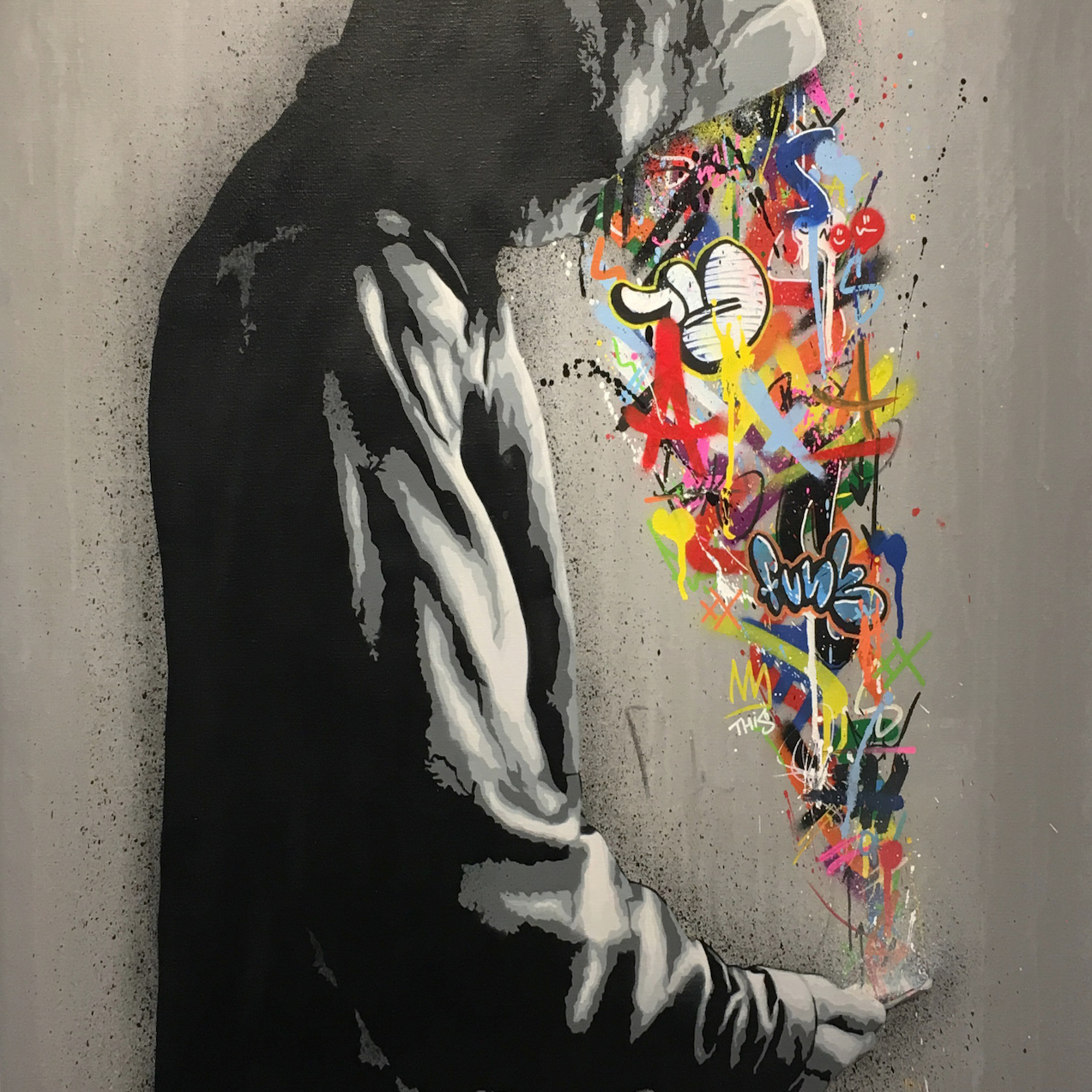
Embracing ConfusionPrompt #12—Bryon Cherry
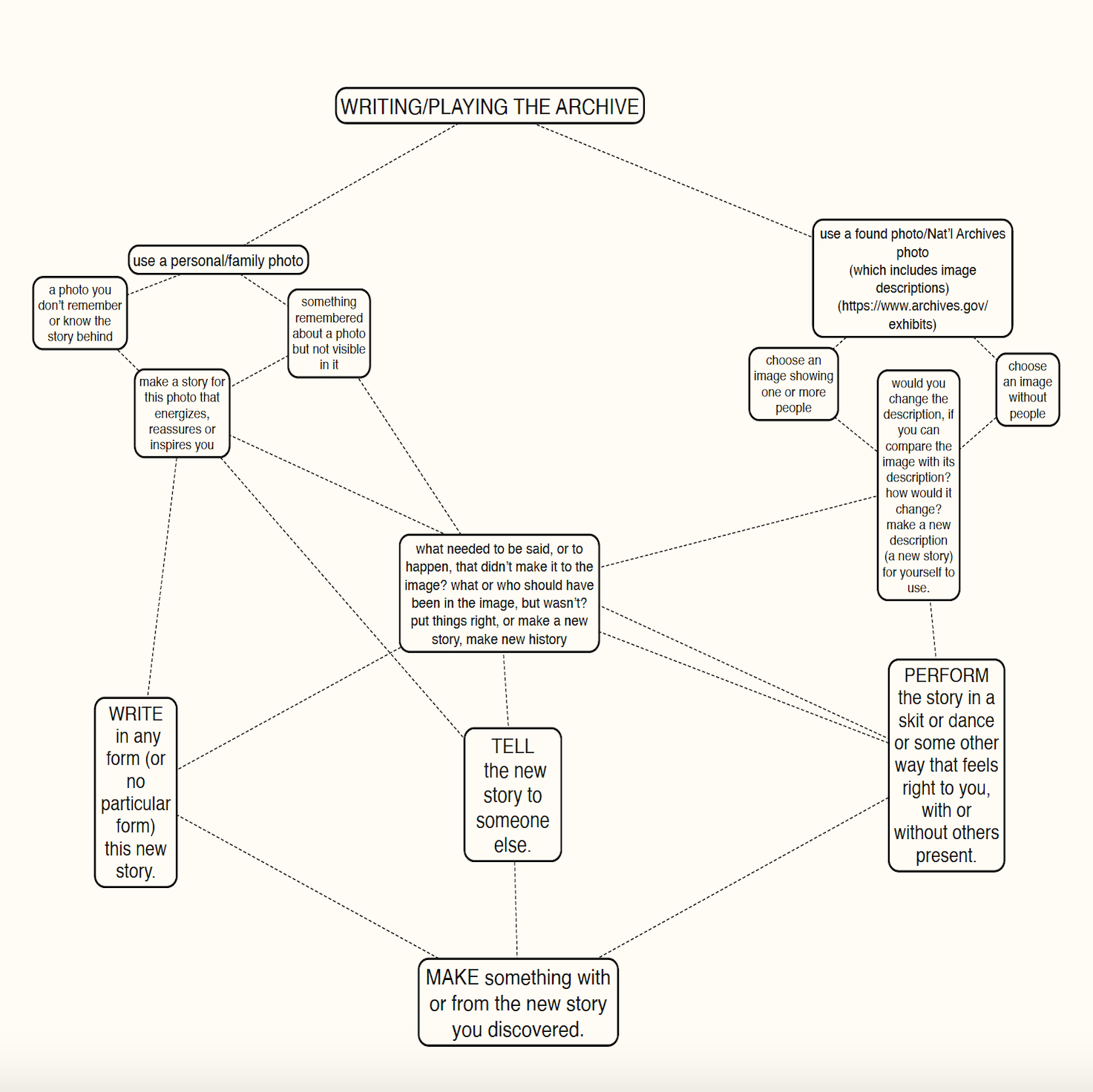
Writing/Playing the ArchivePrompt #11—Jay Besemer

CAPTURED & FREEDPrompt #10—Dasha Kelly Hamilton
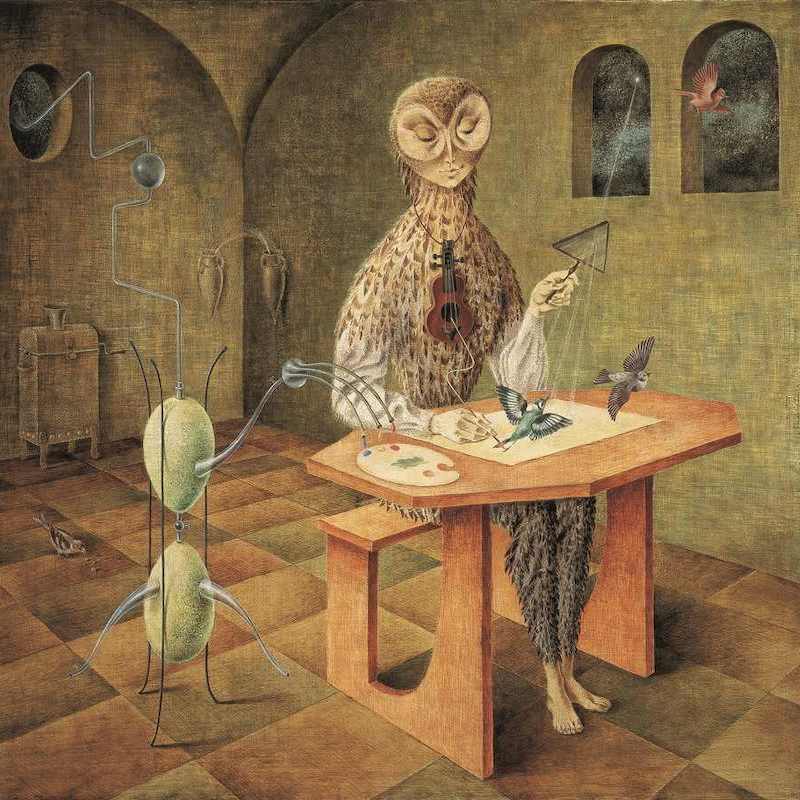
Poetic Exit StrategiesPrompt #9—Ana Božičević
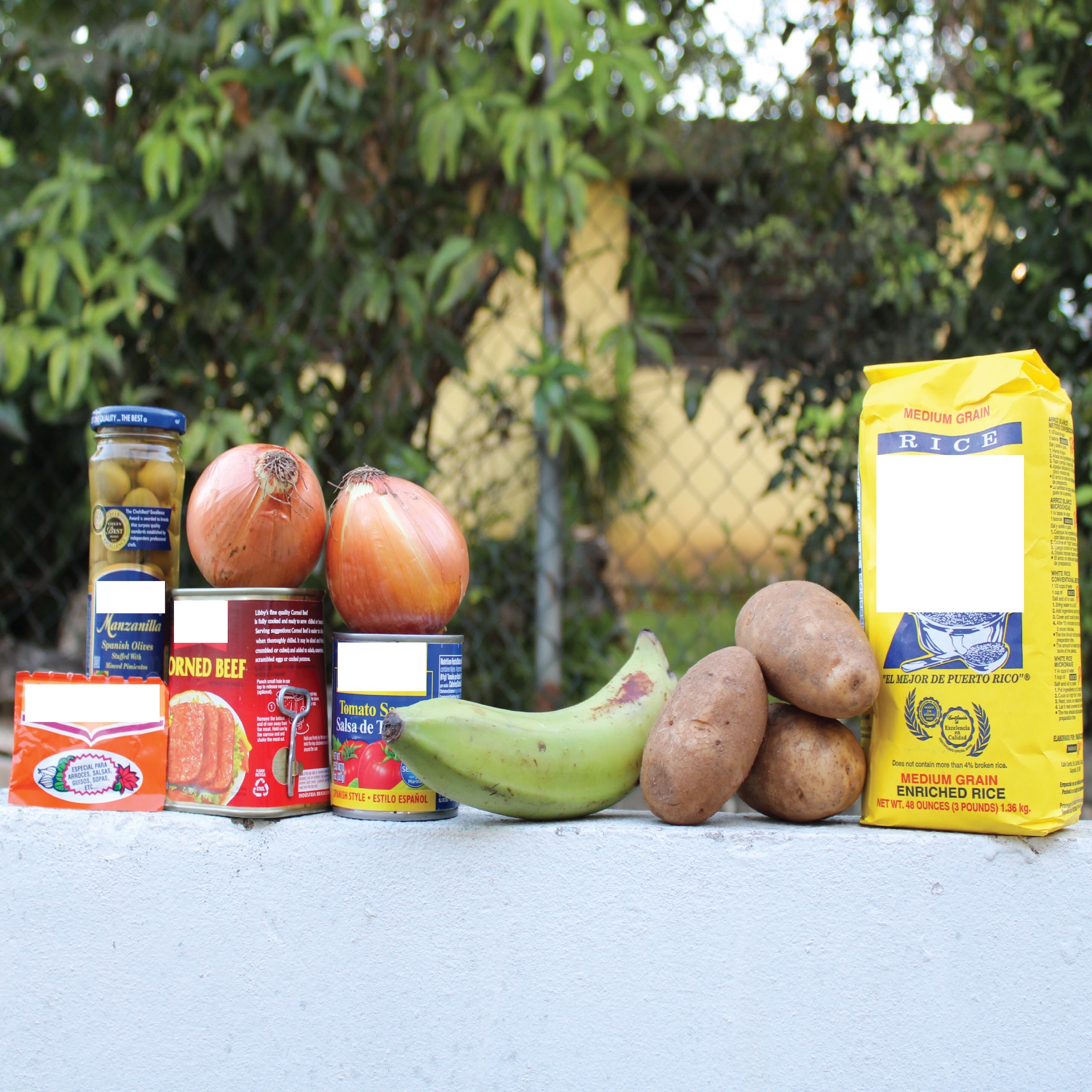
Proyecto ConbífPrompt #8—Erick "CK" Ledesma
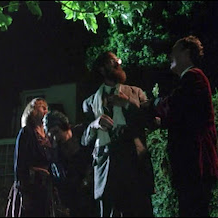
TRILOGYPrompt #6—CA Conrad

Utopian CompromisePrompt #7—Paul Druecke
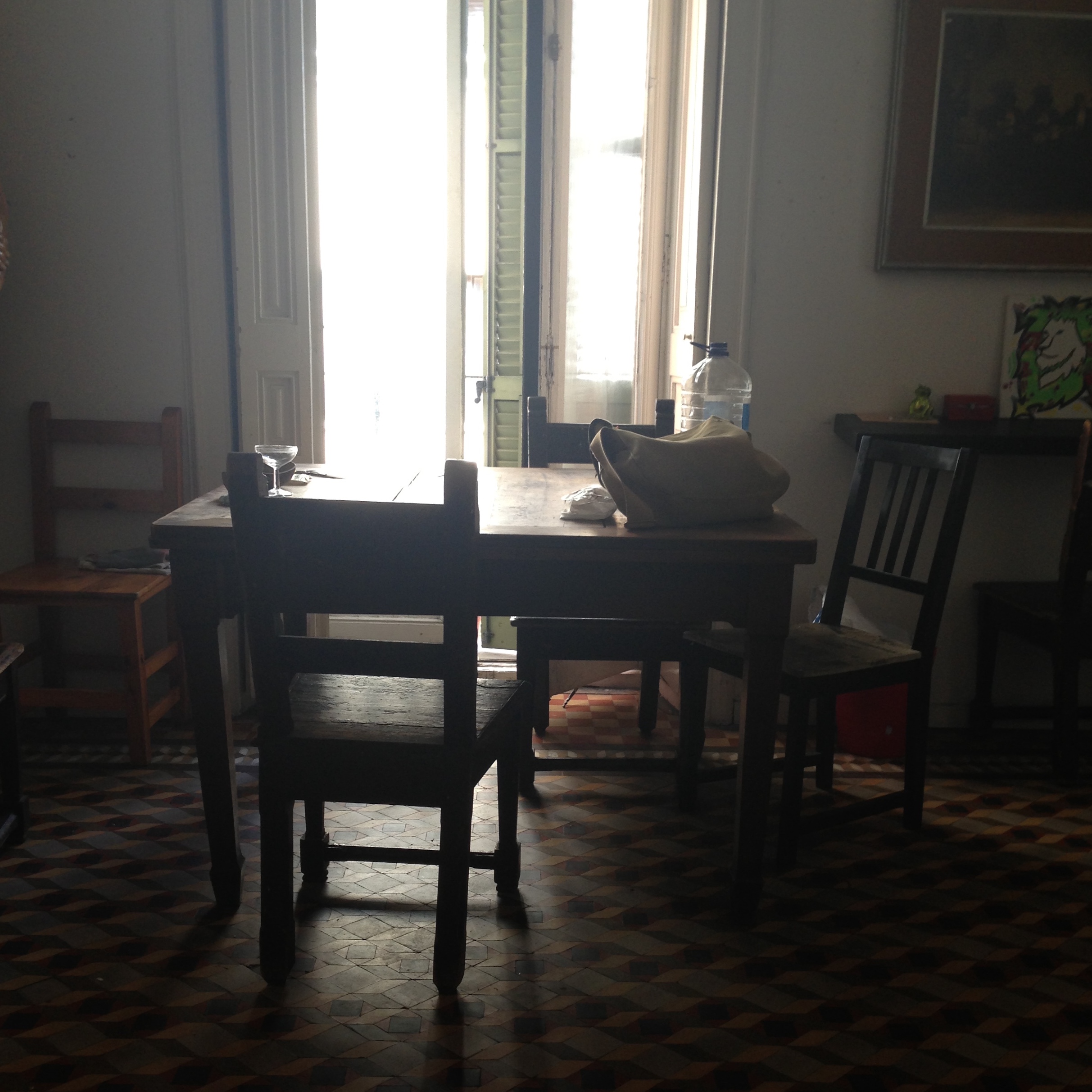
A Series of RoomsPrompt #5—Laura Solomon
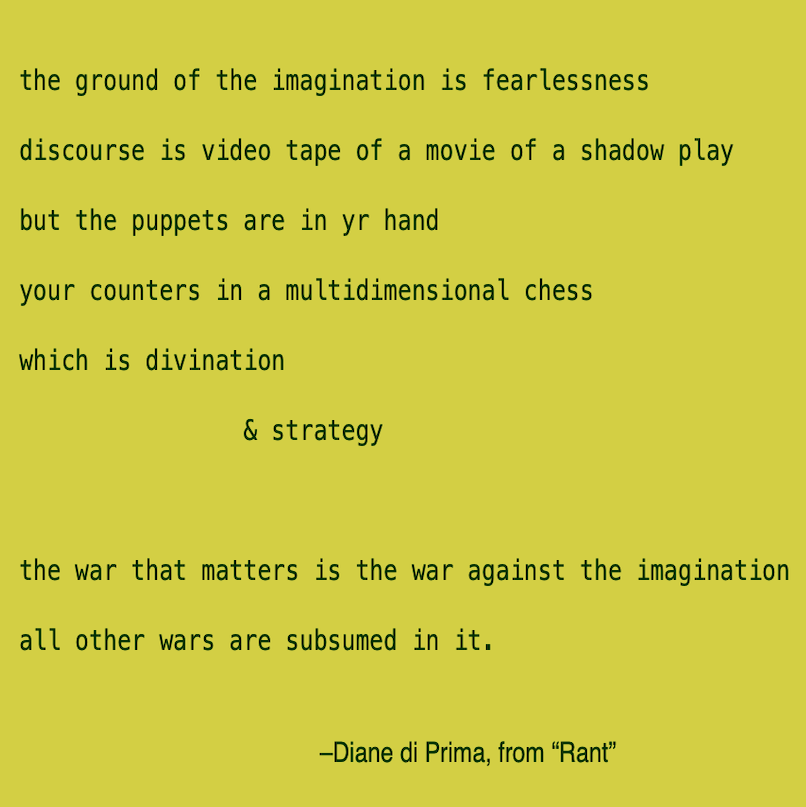
Two Variations on N+7Prompt #4—Jenny Gropp

T H E A P A R T / TOGETHERPOEMPrompt #3—Margaret Rozga
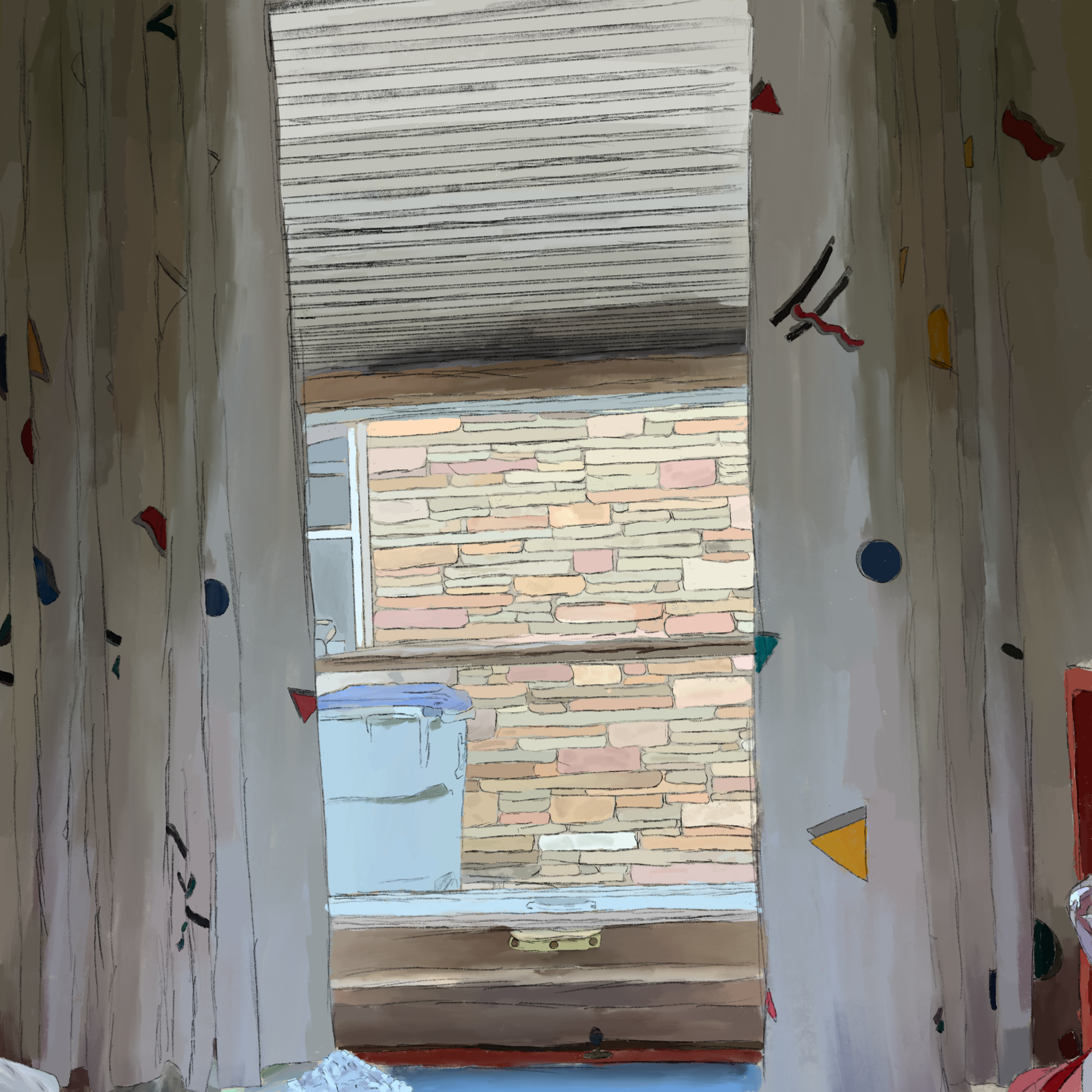
An Exercise in WindowsPrompt #2—Marla Sanvick
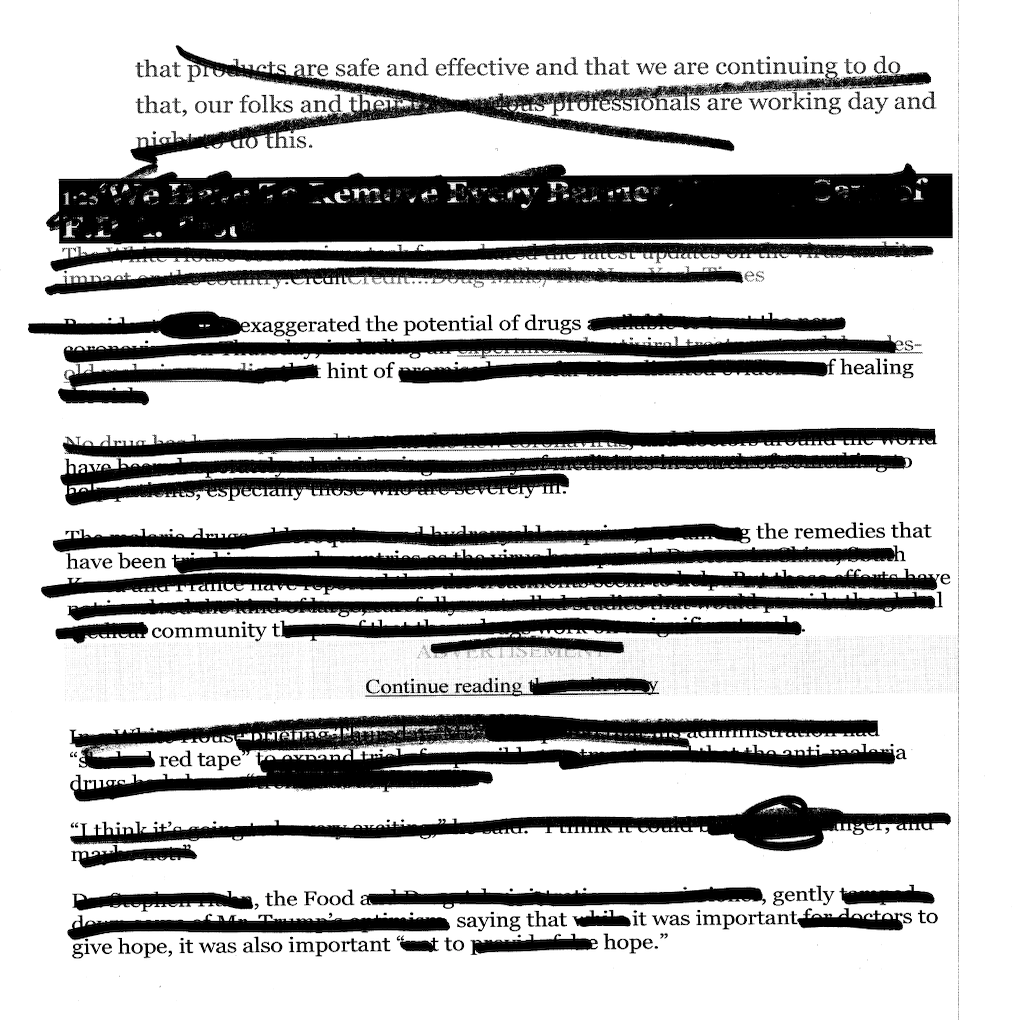
Erasuring AnxietyPrompt #1—Peter Burzynski
We acknowledge that in Milwaukee we live and work on traditional Potawatomi, Ho-Chunk, and Menominee homelands along the southwest shores of Michigami, part of North America’s largest system of freshwater lakes, where the Milwaukee, Menominee, and Kinnickinnic rivers meet and the people of Wisconsin’s sovereign Anishinaabe, Ho-Chunk, Menominee, Oneida, and Mohican nations remain present.
We further acknowledge the grave evil colonialism introduced to these lands through genocide as well as slavery, and also via racist and xenophobic beliefs, laws, and practices that continue to inflict harm upon Black, brown, and Indigenous lives. We honor those who have lived—and do live, now—at these intersections of identity and experience, and are committed to the active dismantling of white supremacy.
720 E. Locust Street
Milwaukee, WI 53212
Phone: 414 263 5001
Hours: Tues–Sun | 12-7 pm
Closed Mon
Building Accessibility: Despite the age of our physical location, and attendant limitations to access, Woodland Pattern is committed to making its programs and facilities available for as many as possible. Please call for more information.
Events Accessibility: Woodland Pattern is able to offer captioning services for its online events and with advanced notice can provide ASL interpretation for live events. Please contact us with accommodation requests and questions.
© Woodland Pattern 2025
